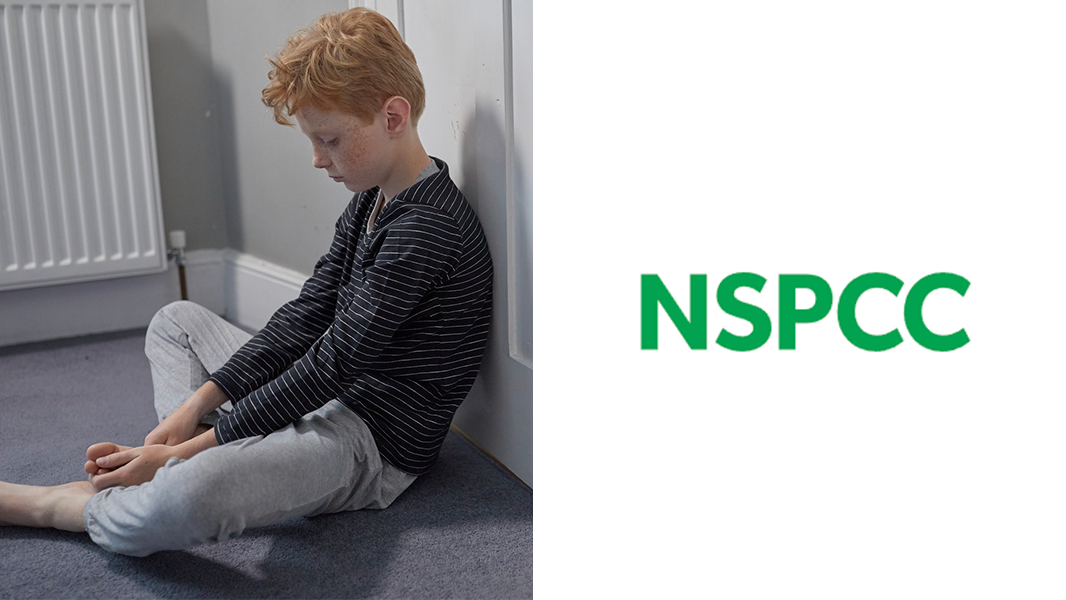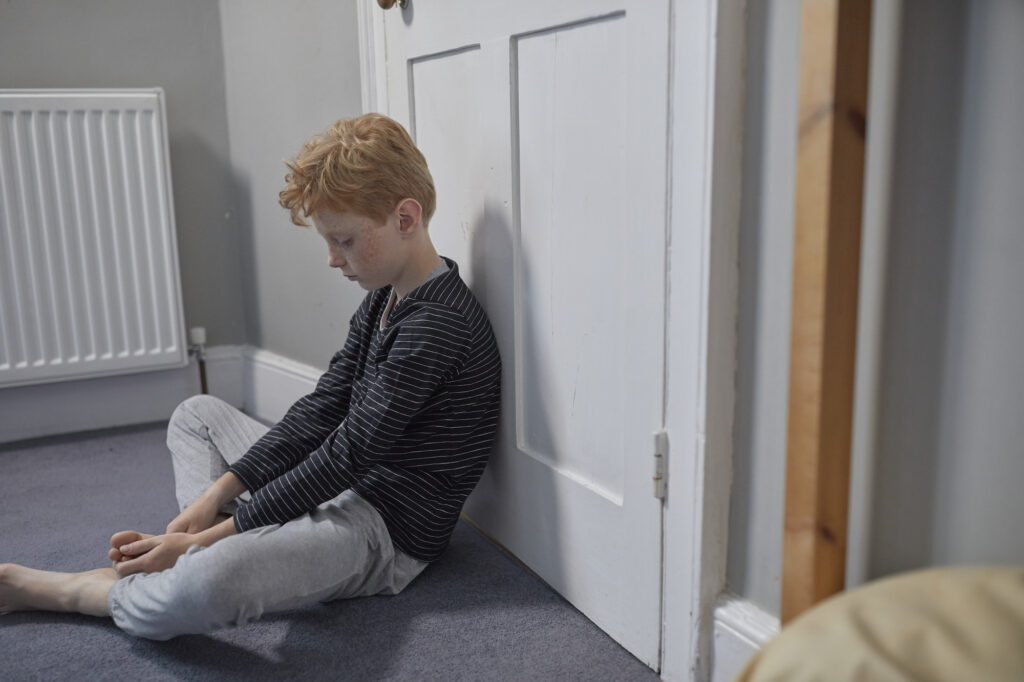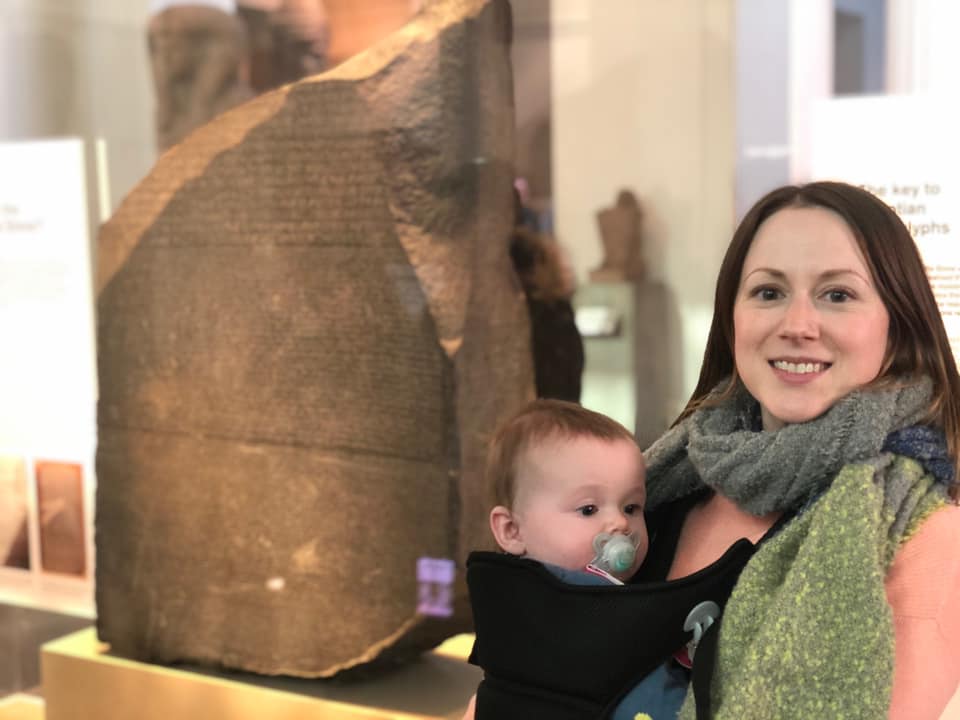

Why NSPCC supports #COAWeek
By Kelly Evans
Alcohol addiction is something we can find difficult to talk about. There’s a lot of shame associated with it – for the person who’s suffering with it and their family. It makes families feel alienated from those closest to them, who they might otherwise turn to for support. It affects them in so many ways – emotionally, physically, financially and socially.
According to Nacoa, one in five children in the UK are affected by their parent’s drinking, meaning there are millions of children out there affected by this issue.
Alcoholism is secretive.
That’s why Children of Alcoholics Week is so important. We need to talk about it openly and honestly if we are to get people the help they need. We need to burst through the brick wall of shame that alcohol addiction creates.
Now in its 13th year, Children of Alcoholics Week is an international campaign, led in the UK by Nacoa. The aim is to raise awareness of children affected by parental alcohol problems.
And never has this campaign been more needed. The pandemic and lockdowns have created a perfect storm for families affected by addiction.

A stark rise in the number of concerns reported
At the NSPCC helpline we saw a stark rise in the number of concerns reported about parental substance misuse (drugs and alcohol) during the pandemic.
In the period before the first national lockdown (6 Jan – 22 Mar 2020), there was an average of 709 contacts a month from adults worried a child was being placed at risk by their parent or carer’s use of drink and/or drugs.
In the 10 months after that (1 Apr 2020 – 31 Jan 2021) this increased to an average of 1,178 contacts a month, with a record number of 1,369 in October 2020 alone.
In total, there were 11,784 contacts – the equivalent of more than 38 a day. Many of these were so serious they had to be reported to external agencies such as the police and children’s services for further investigation.
At the NSPCC helpline we’ve not only seen a rise in contacts and referrals but we’re also seeing families who weren’t previously known to children’s services requiring help and support for substance misuse.
Our frontline practitioners have told us that many parents and carers are struggling to access specialist support services which will help them recover from the impact of the pandemic.
The pressures on families over the last few years have been unprecedented and it is no surprise that our helpline heard that parents and carers are struggling.
Due to the pandemic, children were much more immersed in the problems they faced at home. Schools stayed open for vulnerable children and those of key workers but many remained at home meaning there was no escape for those living with parental substance misuse.
Nacoa and the NSPCC are here to listen, and will not judge.
An important message for this year’s campaign is ‘you are not alone’. It can be extremely lonely for a child to grow up in a household where a parent or carer is addicted to alcohol. They lose their sense of safety and security. They are often so preoccupied with their parent’s substance misuse it can affect their school work and friendships and they often blame themselves.
That’s why it’s so important that all children living with parental addiction know there are people who will listen and help.
Nacoa and the NSPCC are here to listen, and will not judge. We understand how children feel as we talk to them every day – children who are struggling to make sense of their parent’s addiction, struggling to find a way to cope with it and all the emotions it brings.
There’s information and guidance available on www.nacoa.org.uk. There’s also the Nacoa helpline on 0800 358 3456. It’s available free and in confidence for anyone affected by a parent’s drinking. It’s a safe place to talk. Or the helpline can be emailed at helpline@nacoa.org.uk.
The NSPCC’s Childline service can also help – free and in confidence. Trained volunteer counsellors are available 24 hours a day, seven days a week by calling 0800 1111. There is also 1-2-1 chat available online at www.childline.org.uk.
If anyone is concerned about their own drug or alcohol intake and that it is affecting their family, support can be accessed by contacting the NSPCC helpline on 0808 800 5000.

























































































